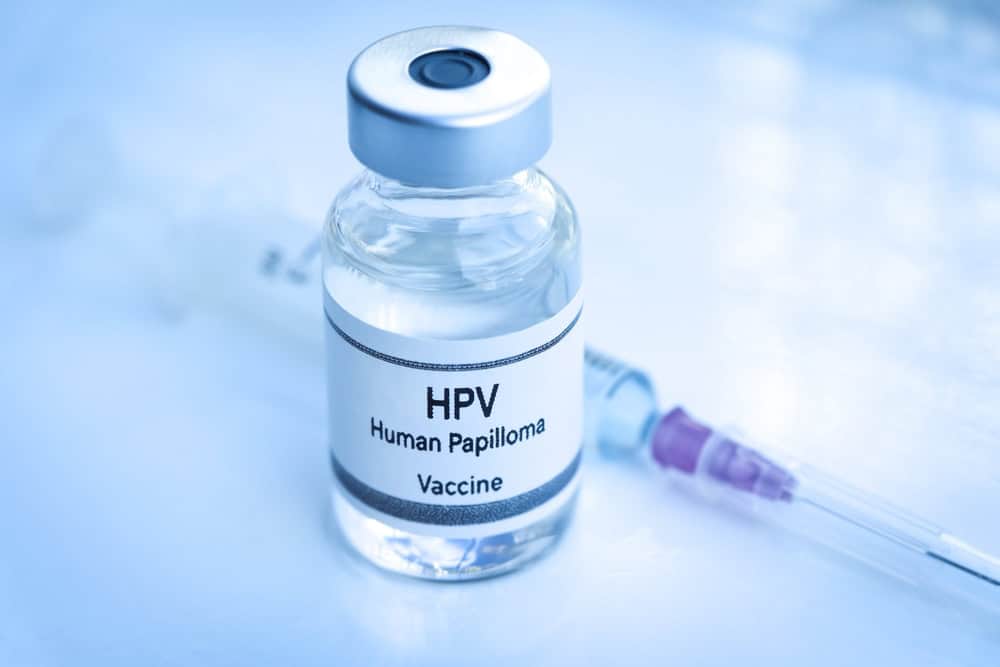
HPV, or human papillomavirus, is a prevalent and common sexually transmitted virus that can infect various body parts. Its widespread occurrence, affecting millions worldwide, underscores the importance of understanding and preventing it.
About 85% of people will get an HPV infection in their lifetime[1].
Fortunately, the HPV vaccine, a highly effective tool, can provide a strong shield against HPV. It protects not from certain strains that can cause genital warts and lead to cancers such as cervical, anal, oral, and throat cancer.
Let us dive into everything you must know about the infection and how to safeguard yourself against it.
Don’t Ignore HPV Infections
HPV infections often have no symptoms and can go unnoticed. Most HPV infections resolve themselves. However, a few strains of HPV can cause genital warts, which appear as small bumps or growths on the genital area. In some cases, HPV can lead to abnormal cell changes that may progress to cervical, anal, or throat cancer if left untreated.
HPV infection and Cervical Cancer are closely linked
Almost all cases of cervical cancer are caused by persistent infections with high-risk strains of HPV, especially types 16 and 18. When HPV lingers in the cervix, it can cause abnormal cell changes. If these changes aren’t detected and treated early, they can progress into cervical cancer.
Every 2 minutes, a woman dies of cervical cancer[2]. Symptoms of cervical cancer include:
-Bleeding after intercourse, between periods, or after menopause.
-Unusual vaginal discharge that may be watery, pink, or have a foul odor.
-Pain during intercourse or at other times.
-Discomfort or pain when urinating.
-Increased frequency of urination.
-Pain in the lower back or legs (seen in advanced stages of cervical cancer).
Risk factors for HPV infections can be:
-Multiple sexual partners
-Early sexual activity
-Other sexually transmitted infections
-Smoking
Prevention Is Better Than Cure: Tips To Safeguard Against HPV Infections
1. Say Yes To Vaccination
The HPV vaccine is one of the most effective ways to prevent infection with the most dangerous strains of the virus, particularly those that cause cervical cancer and genital warts. Vaccination can significantly reduce your risk of contracting HPV-related diseases.
Who Needs The Vaccination?
Adolescents And Young Adults
-Ideally, the vaccine should be given before sexual exposure, recommended for ages 9-26.
Women And Men Up to Age 45
-Vaccination can still benefit those who haven’t been vaccinated or exposed to all HPV strains covered by the vaccine.
Did You Know?
The efficacy of the HPV vaccine has exceeded 90% in clinical trials among women without prior HPV infection. They have also demonstrated high efficacy against anogenital warts among men[3].
2. Practice Safe Sex
Using condoms and dental dams during sexual activity can significantly reduce the risk of HPV transmission. Although these methods may not provide complete protection against HPV, they effectively lower the chances of spreading the virus.
3. Limit Sexual Partners
Reducing the number of sexual partners can decrease your likelihood of being exposed to HPV. The more sexual partners you have, the higher your risk of encountering someone who has the virus.
4. Regular Screenings
For women, regular Pap smears and HPV tests are vital in detecting any early changes in the cervix that could indicate the presence of HPV. These screenings can identify abnormal cells before they become cancer, allowing for early intervention and treatment.
Pap Smear Schedule According to National Cancer Institute[4]
Age 21-29:
-Start Pap tests at age 21, then every 3 years.
-No need for a Pap test before age 21, even if sexually active.
Age 30-65
-HPV test every 5 years.
-HPV/Pap test every 5 years.
-Pap test every 3 years.
-Updated ACS guidelines: Start screening at age 25 with an HPV test every 5 years, or contest every 5 years, or Pap test every 3 years.
Older than 65
-You might not need further screening if you’ve had regular screenings and normal results.
-If you’ve had abnormal results or irregular screenings, you may need to continue beyond 65.
Looking for a reliable lab to get your tests done? Book now with Tata 1mg
5. Quit Smoking
Smoking can weaken your immune system, making it harder for your body to fight off infections, including HPV. Additionally, smoking is a known risk factor for cervical cancer.
Get rid of this deadly habit with our widest range of smoking cessation products. Find them here
6. Boost Your Immunity
Maintaining a healthy lifestyle is key to keeping your immune system strong. A balanced diet rich in fruits and vegetables, regular exercise, and adequate sleep can all contribute to a robust immune system. When your immune system functions well, it’s better equipped to fight off infections like HPV.
7. Educate Yourself And Others
Knowledge is power when it comes to preventing HPV. Educate yourself about how HPV is transmitted, the risks associated with the virus, and the importance of vaccination and safe sex practices. Sharing this information with others can help spread awareness and help in preventing transmission.
Remember!
By following these tips, you can significantly reduce your risk of contracting HPV and protect your health in the long run.
(The article is written by Dr. Nitika Makhija, Manager, Clinical Health and Content and is reviewed by Dr. Swati Mishra, Medical Editor)
Sources:
1. Available from: https://www.ncbi.nlm.nih.gov/pmc/articles/PMC10399474/
2. Available from: https://pubmed.ncbi.nlm.nih.gov/30301561/
3. Available from https://www.cdc.gov/hpv/hcp/schedules-recommendations.html
4. Available from https://www.cancer.gov/types/cervical/screening#